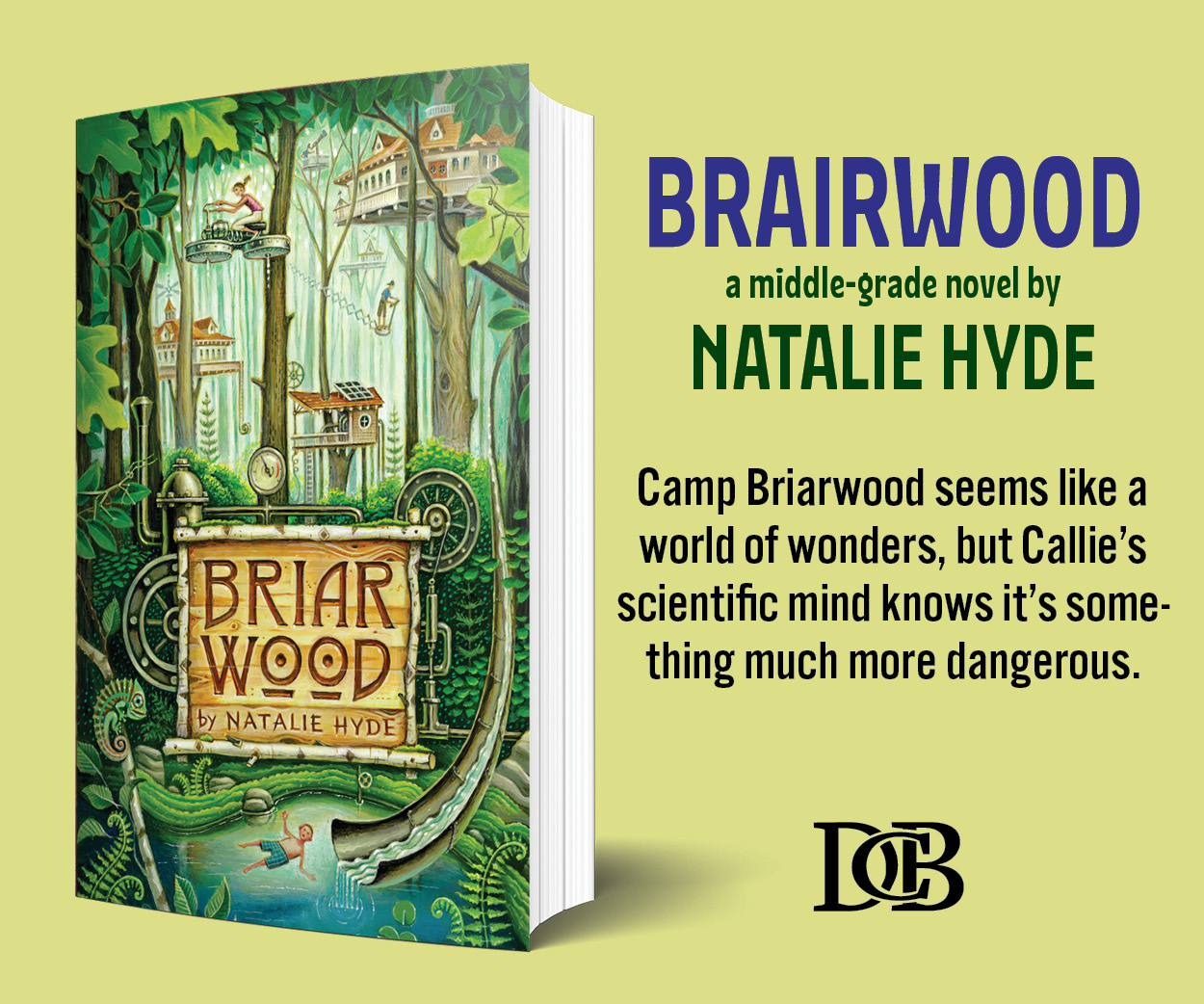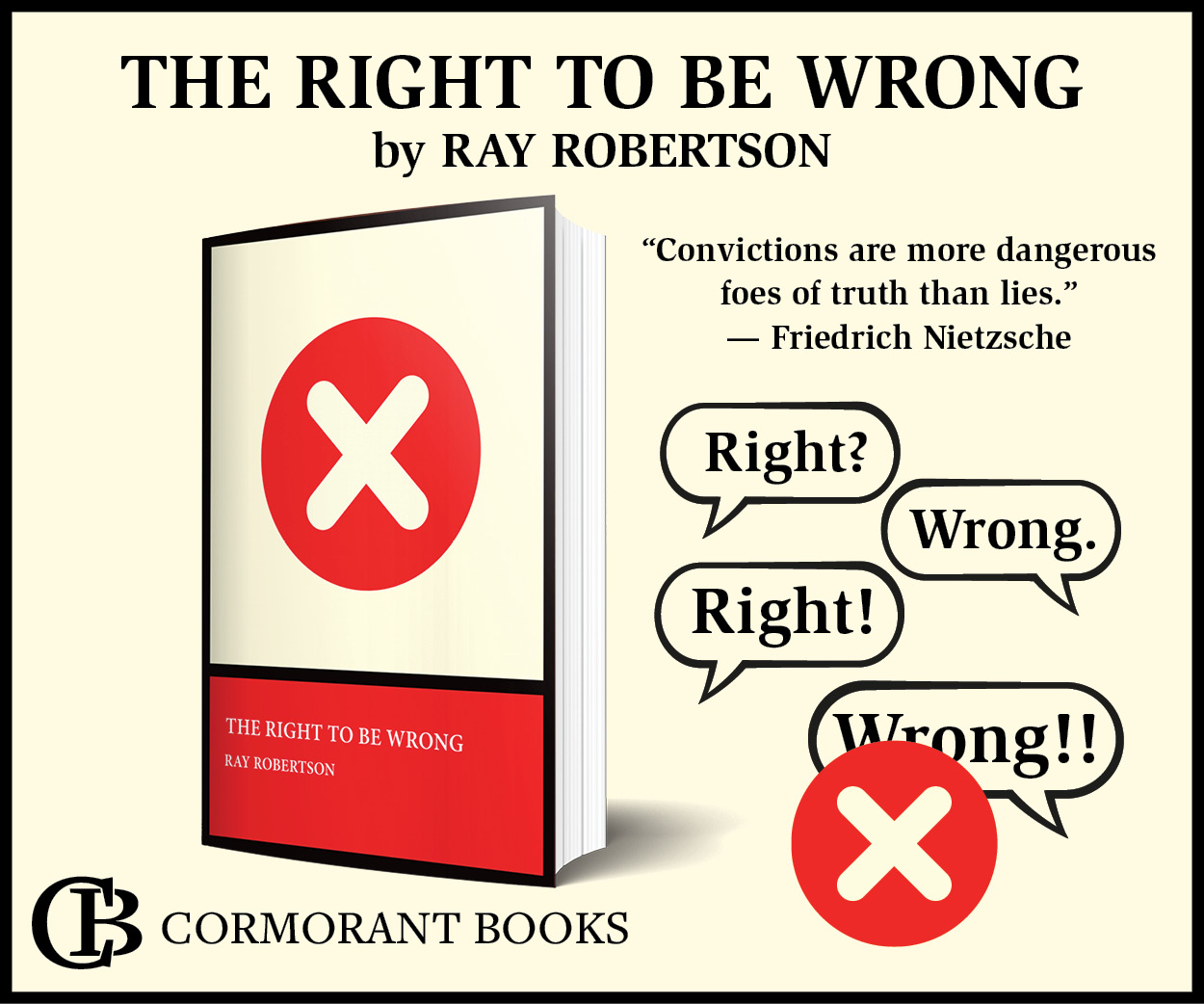On Pseudonyms: Q&A with Michael Redhill
By Sandra Ridley
On pseudonyms a.k.a. aliases a.k.a. handles a.k.a. avatars a.k.a. monikers a.k.a. sobriquets ak.a. epithets a.k.a. pen names a.k.a. nicknames a.k.a. noms de guerres a.k.a. anon.:
Q&A with Michael Redhill, on writing under “Inger Ash Wolfe”
Sandra Ridley: What drew you to using a pseudonym for your work?
Michael Redhill: I wanted to lead a secret life and watch it unfold from a distance. And I liked the idea of being two people for two distinct purposes. I also found that it allowed for a “performance” as a different writer. Writers are always getting into character, anyway, so why couldn’t the writer also be a character? That was perhaps the most satisfying part of the process, seeing how Inger wrote.
SR: What are the benefits and/or disadvantages for you?
Your CanLit News
Subscribe to Open Book’s newsletter to get local book events, literary content, writing tips, and more in your inbox
MR: The benefits were that I got to see what happened. It was interesting and a lot of it was unexpected. The disadvantage is that using a pseudonym made it difficult to promote the books, and in Canada the pseudonym was predictably turned into a parlour game of both guessing and accusing. What wasn’t predictable was that I had a kind of stalker: someone who was hellbent on not letting me get away with being anonymous. This person sent letters to every books editor and agent in Canada, each letter containing a white piece of paper with my picture on it and the words: The cat is out of the bag! Michael Redhill is Inger Ash Wolfe. Very creepy, and there were other incidents—about eight in number, ending with a direct threat against me—that very much destroyed the joy of publishing the first book. I had to come back to Canada while living in France to do an event in Toronto, and I spent the whole week worrying I was going to be attacked. I know who did it now, although they don’t know that I know (I guess unless they read this).
SR: Do you see yourself as being part of, or extending, or arguing with a particular tradition of writing under a pseudonym?
MR: No, none at all. I abjure all discussion of genre vs. “literature” and I don’t play sides.
The views expressed in the Writer-in-Residence blogs are those held by the authors and do not necessarily reflect the views of Open Book: Toronto.
The views expressed in the Writer-in-Residence blogs are those held by the authors and do not necessarily reflect the views of Open Book.
Sandra Ridley’s first full-length collection of poetry, Fallout, won the 2010 Saskatchewan Book Award for publishing, the Alfred G. Bailey prize, and was a finalist for the Ottawa Book Award. Her second book, Post-Apothecary, was short-listed for the 2012 ReLit and Archibald Lampman Awards. Also in 2012, Ridley won the international festival Of Authors’ Battle of the Bards and was featured in The University of Toronto’s Influency Salon. Twice a finalist for the Robert Kroetsch Award for innovative poetry, Ridley is the author of two chapbooks: Rest Cure, and Lift, for which she was co-recipient of the bpNichol Chapbook Award. Her latest book is The Counting House (BookThug 2013). She lives in Ottawa.


